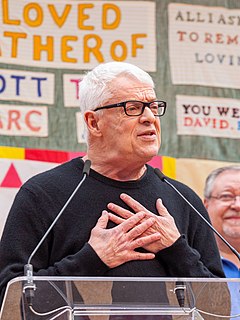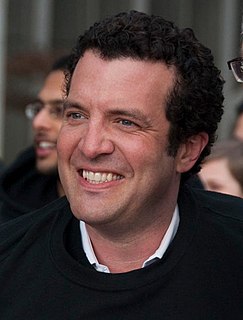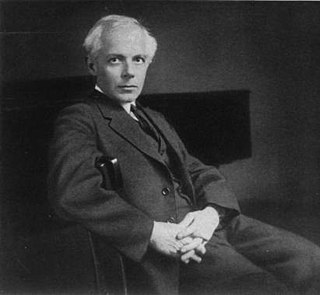A Quote by Aldo Leopold
We stand guard over works of art, but species representing the work of aeons are stolen from under our noses
Related Quotes
To stand on the firing parapet and expose yourself to danger; to stand and fight a thousand miles from home when you're all alone and outnumbered and probably beaten; to spit on your hands and lower the pike; to stand fast over the body of Leonidas the King; to be rear guard at Kunu-Ri; to stand and be still to the Birkenhead Drill; these are not rational acts. They are often merely necessary.
Our task is not to find the maximum amount of content in a work of art, mush less to squeeze more content out of the work than is already there. Our task is to cut back on content so we can see the thing at all. The aim of all commentary on art now should be to make works of art - and, by analogy, our own experience - more, rather than less, real to us.
What I have learned about corporate capitalism, roughly, is that it is an act of theft, by and large, through which a very few live very high off the work, invention, and creativity of very many others. It is the Grand Larceny of our particular time in history, the Grand Larceny in which a future of freedom which could have followed the collapse of feudalism was stolen from under our noses by a new bunch of bosses doing the same old things
Throughout history, works of art have been stolen under mysterious circumstances...Said by some to be the work of "Phantom" thieves... ...Others dismiss it as mere myth. But in this country, the stories are all too true. The name of this mysterious thief? "Dark." And his true identity? No one knows.
This is stolen? We're in a stolen jet?" "Not stolen," said Donegan Bane from the co-pilot's seat. "Almost stolen," Grascious corrected. "Semi-stolen," said Donegan. "Quasi stolen," said Grascious. Aurora's frown did not turn upside down. "So is it stolen or not?" Donegan and Grascious hesitated. "Yes,"they both said toghether.
What is it about a work of art, even when it is bought and sold in the market, that makes us distinguish it from . . . pure commodities? A work of art is a gift, not a commodity. . . works of art exist simultaneously in two “economies”, a market economy and a gift economy. Only one of these is essential, however: a work of art can survive without the market, but where there is no gift, there is no art.
When I think about what makes Canada great, fresh water is right at the top of the list. We have over two million lakes in this country and more than enough people who are willing to mess with them. My Canada includes weird scientists who are devoted to keeping our water clean. When we stand up and we sing O Canada, we pledge to stand on guard for thee. If that doesn't include our water, we might as well sit down and give up.
Our peasant music, naturally, is invariably tonal, if not always in the sense that the inflexible major and minor system is tonal. (An "atonal" folk-music, in my opinion, is unthinkable.) Since we depend upon a tonal basis of this kind in our creative work, it is quite self-evident that our works are quite pronouncedly tonal in type. I must admit, however, that there was a time when I thought I was approaching a species of twelve-tone music. Yet even in works of that period the absolute tonal foundation is unmistakable.







































